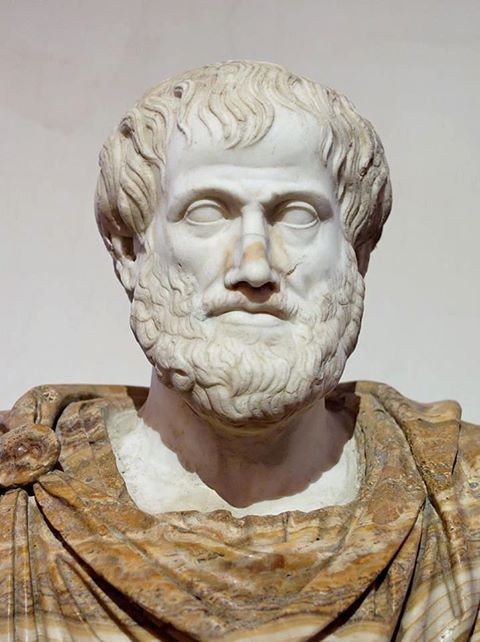Tag Archives: Metaphysics
By David Hooker, Contributing Writer, Classical Wisdom Who hasn’t looked up into a sky full of stars and wondered what our place is in this vast universe? What is the nature of this environment we find ourselves living in? Are there underlying substances to this “stuff” that makes up our world? For the contemplative among
The Illogic of Contradiction – Metaphysics by Aristotle
by Joel Bowman Don’t tell the politicians, Classical Reader, neither on the left, nor on the right. In the non-trivial jurisdiction of the metaphysical, there’s simply no such thing as a contradiction. At least not for Aristotle. The Father of Logic even went so far as to propose a law (more about which below) expressly
Mind, Matter, and Monism: Philosophy of Mind in Ancient Greece
By Jacob Bell, Associate Editor, Classical Wisdom Mind and matter or physical and mental – these are distinctions that we are familiar with. We needn’t have studied philosophy extensively or have had any type of specialized training in order to recognize these terms. An example of this is when we hear the phrase “mind over
In Pursuit Of The Good
If Plato’s ideas on ethics seems a bit hazy to you, then rest assured you’re not alone. There are several reasons why Plato’s conception of a good life are illusive. For starters, in all of his early dialogues the philosopher spends his time giving a thrashing to our conventional ideas of virtues such as justice,
Who Is the Unmoved Mover?

Before you get too excited, or perhaps frightened, rest assured that we will not be going in to too much depth regarding Aristotle and his rather detailed explanation of motion. I have mentioned before that tackling too much Aristotle at once can lead to spontaneous bouts of insanity. I spent many restless nights as an
Classical Wisdom Standoff: Heraclitus vs. Parmenides (part 3)
Today we present the final addition to Heraclitus vs. Parmenides. Previous articles have explored the nature of metaphysics. Both philosophers concluded that the universe could be broken down into one fundamental thing. They presented radically different ideas about what that thing was, however. If you have not already, then read part one and two before








